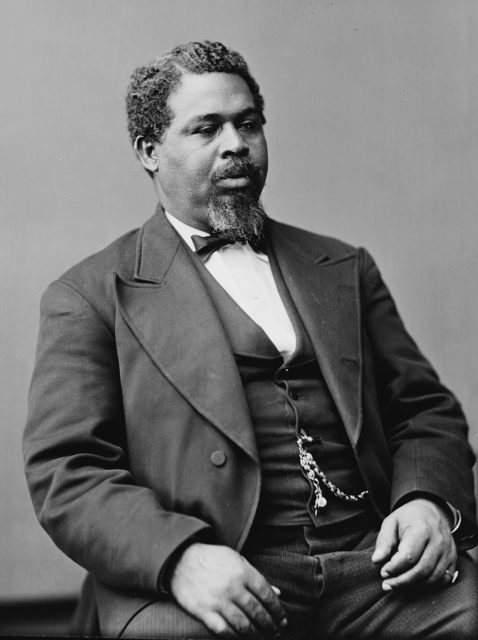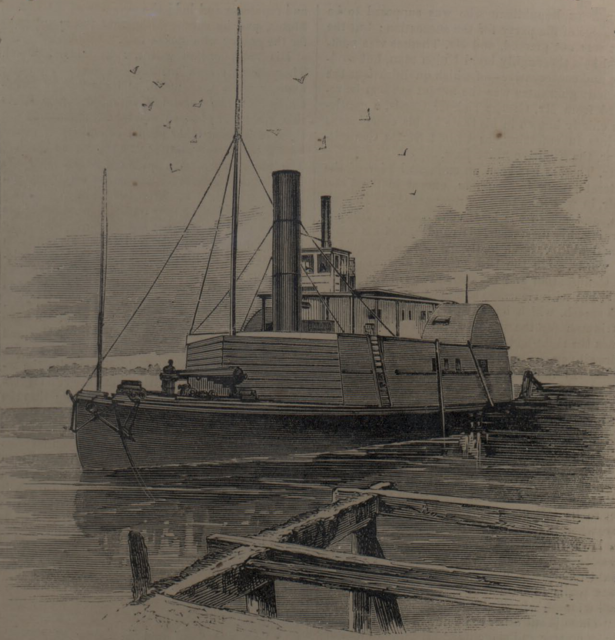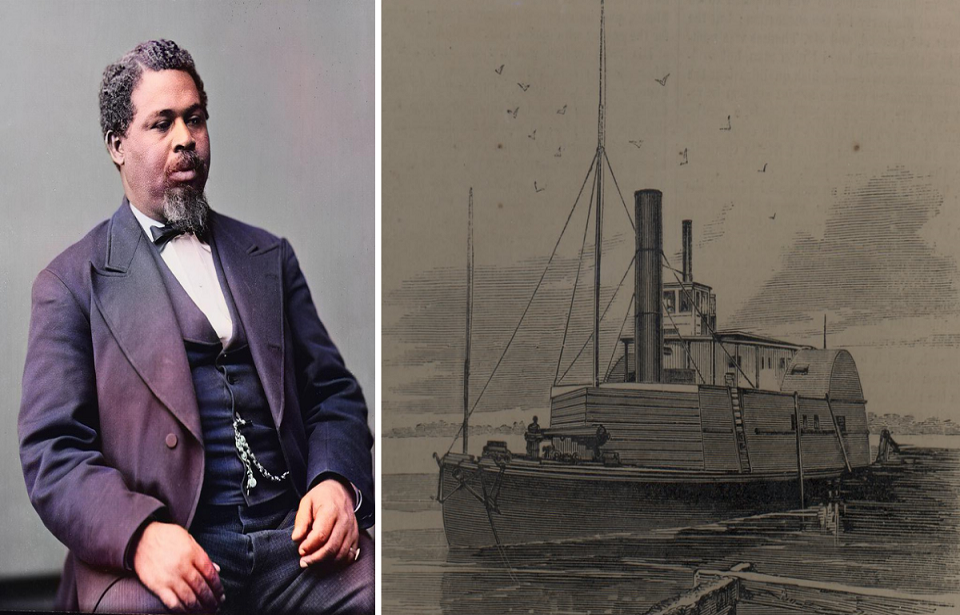The life of Robert Smalls is an epic underdog story of an illiterate slave from South Carolina who managed to free himself by escaping from the Confederacy during the United States Civil War. His brave actions and lobbying contributed to Abraham Lincoln’s decision to allow African Americans into the Union Army. Within 10 years of his escape, he had been elected to US Congress.
From being controlled by a master to helping direct the nation, Smalls’ life is as intriguing as it is inspirational.
Smalls’ Start

In 1839 Lydia Polite gave birth to Robert Smalls in a cabin behind the home of her master, John H. McKee, in Beaufort, South Carolina. There is a rumor that McKee or his son may have been Smalls’ father, but this has not been confirmed.
As a child, Smalls was treated better than other slaves, so his mother, concerned that he would grow up without appreciating the hardships of slavery, made sure he witnessed whippings and worked in the fields. McKee rented him out for work at the age of 12 in nearby Charleston, where he was paid just one dollar a week. After a few years of working various jobs, he became a deckhand on a cotton transport ship named Planter.
He worked his way through the different positions on the ship until he become the unofficial pilot of the vessel. As a slave, he was not allowed the title of Helmsman.
His line of work meant he knew Charleston harbor better than anyone else. He would later rely on this knowledge to free himself.
Considering his situation, Smalls managed to save up a respectable amount of money and even marry a hotel maid by the name of Hannah Jones at the age of 17. They had a daughter in 1858 and a son a few years later, but sadly their second child died at the age of two. They had another daughter in 1863.
The Civil War
The Civil War was one of the most destructive periods in US history, but Robert Smalls managed to capitalize on the chaos.
At the start of the war, the Planter and its crew were absorbed into service by the Confederacy, who used it as a military transport ship. In this role, the Planter transported troops, equipment, and supplies, mapped waterways, and laid down mines.
Early into the war, the Union used its much larger navy to enforce a blockade around the Southern states to stop trade and resupplying activities. While the Confederacy was slowly strangled, Smalls used this as an opportunity to escape.
His years of exemplary service at Charleston harbor and on the Planter meant he had earned the trust of his white Confederate superiors. They let him pilot the Planter and left the ship in his hands when in port.
Smalls’ Escape

On the night of May 12, 1862, the ships’ officers disembarked and left Smalls in command of the Planter. This was his chance.
He collected his wife, two children, and a number of other slaves and departed from the port towards freedom. To fool the Confederate lookouts, Smalls donned the captain’s straw hat and sent the correct coded messages at two heavily armed checkpoints. Once he was out of range of the Confederate guns and in the open seas he had his crew hoist a white flag above the Planter and headed towards the Union’s blockade ships.
Naturally, the Union ships were startled by the Planter and nearly fired at it but he managed to reach them in one peace. He surrendered his ship and all of its valuable cargo.
Smalls was given a $1,500 reward for the ship and its cargo and quickly rocketed to celebrity status in the north. The Confederacy placed a $4,000 bounty on his head. Now in the north, Smalls worked hard for the US to allow black soldiers to enlist, with his lobbying playing a large factor in Abraham Lincoln’s decision to make this happen.
He continued to fight for the Union, whilst speaking out for African American soldiers where possible. With his extensive knowledge of the seas around the Confederacy, Smalls was extremely useful in the Union’s fight. In a particularly intense engagement, Smalls’ captain lost his nerve and hid on the ship, leaving Smalls to take command, where he refused to surrender to a Confederate ship. Because of this Smalls was finally promoted to captain, becoming the first black captain of a United States ship in history.
Later Life
When the war ended smalls was a brigadier general and one of the highest-paid black soldiers. He returned to Beaufort and used his earnings to purchase the home in which he was born off his former masters, who were in financial ruins after the war.
With the war behind him, Smalls became a politician, being elected to the South Carolina state senate and then winning a seat in the US House of Representatives. He also fought for civil rights and established a school for African American children.
Smalls passed away in 1915 at the age of 75.
A monument to Robert Smalls is inscribed with a statement he made in his younger years: “My race needs no special defense, for the past history of them in this country proves them to be the equal of any people anywhere. All they need is an equal chance in the battle of life.”
